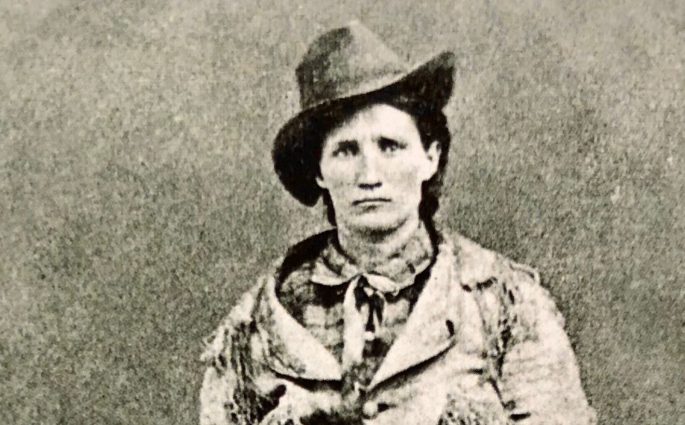Populism in France
Christophe Guilluy— Amid a fanfare of republican self-congratulation, France has embraced globalization in all its glory. Wherever one looks, from the chronic alternation between traditional parties of the center left and center right to the denial of democracy itself, with the farcical referendum of 2005 on a European constitution, it










